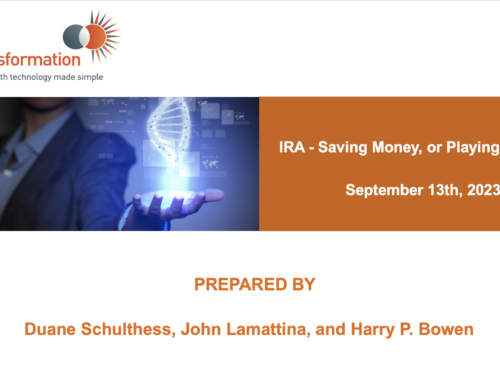Research by the ABPI indicates current statistics on the state of play in transparency are not accurate. A toolkit will guide members in complying with disclosure requirements and generate more reliable information on compliance.
By Nuala Moran
The debate of the past year – and the initiatives of some individual pharmas – illustrates that while the industry in increasingly committed to transparency there is no prescribed route for companies making moves to open up clinical trials data stores.
In the UK, the Association of the British Pharmaceutical Industry (ABPI) made a pledge to increase transparency in February this year, by putting in place measures to monitor compliance to the clinical trial transparency provisions contained in its Code of Practice. At the same time the ABPI said it would provide a clinical trial disclosure toolkit to assist members with compliance.
The toolkit, launched in August, is intended to guide companies through the different steps of the disclosure process. “Expectations about transparency are definitely changing, and that’s a good thing. Our members vary enormously from small biotechs to large international pharmaceutical companies and we wanted to set out a single generic approach to managing the process of clinical trial disclosure,” says Bina Rawal, Director of Research, Medical and Innovation at ABPI, who has spearheaded preparation of the toolkit. “It’s ready to take off the shelf and modify and embed within the clinical research process.”
Transparency is not something that can be retrofitted, but needs to be threaded through clinical development. This should ensure disclosure is handled in an appropriate and balanced way, and create an audit trail that can be used to demonstrate compliance.
Rawal believes this will help address one of the main sources of dispute between campaigners and the industry, which is that there is no reliable information on the current state of play in clinical trials transparency. “It’s become an accepted figure in the public debate that half of all trials go missing; based on my experience of working in the industry that just doesn’t resonate with me,” Rawal said.
After joining the ABPI in October last year, Rawal commissioned research to test this statistic. The work involved checking to see how many of the trials that fed into the files of the 53 new drugs approved by the European Medicines Agency in the three years from the beginning of 2009 to the end of 2011 had been published.
The research is currently awaiting publication in a peer review journal, so Rawal does not want to give figures at this point, but said, “It’s clear the situation is not as bad as it is painted, and is a lot better than in the past.” Some of the early studies of the drug approved from 2009 – 2011 were done more than ten years previously, and it is these that are more likely to be missing from the record, rather than later stage trials.
Rawal also pointed to the complications of ascertaining what trials have been published and where. “This is a difficult area to get a handle on the evidence, there’s no single registry system, or single type of trial, data could be published in a wide range of places,” she said.
One significant and widespread issue that has emerged from the research is that products frequently change ownership during development and current rights owners do not have access to data from earlier trials. Rawal said this underlines the need to embed transparency measures so that when a drug changes hands, the data goes with it. “You have to involve the legal function and ensure clauses are written into deals ensuring access to data,” she said.
In the case of the ABPI research all the trials listed in the EPARs (European public assessment reports) of the 53 drugs were tracked down to see if the data was in the public domain. For studies that were not disclosed, the researchers then referred back to the companies concerned to find out why not. “For any that were not disclosed we have a statement from the medical director explaining why,” said Rawal.
Overall, says Rawal, “There’s a very different picture from that painted in the public debate.”
*******************************************
A roadmap for sharing clinical trial data
August 27th, 13:00 -17:00
Vlerick Business School, Manhattan Centre, Place Rogier, 21 Avenue du Boulevard, Brussels





